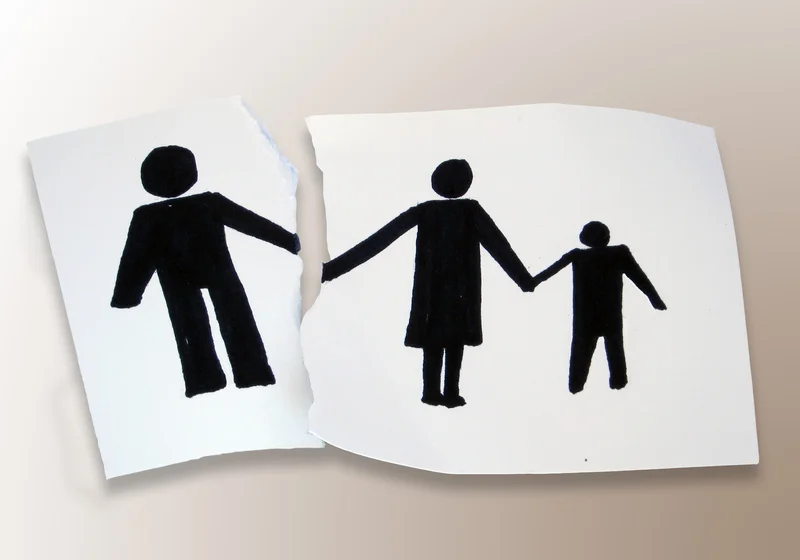
It’s a brain disorder, with symptoms manifesting in all these other areas. Many addictive behaviours are serious issues, and they can even be illegal. The American Society of Addiction Medicine (ASAM) defines addiction as a primary, chronic disease of the brain’s reward, motivation, memory, and related circuitry. Dysfunction in these circuits causes specific biological, psychological, social, and spiritual manifestations. This alcoholism treatment is reflected in an individual’s pathological pursuit of reward and relief through substance use and other behaviours.
Mood and stress disorders
- Eventually, the user may be unable to achieve a sense of well-being without the use of alcohol.
- If your pattern of drinking results in repeated significant distress and problems functioning in your daily life, you likely have alcohol use disorder.
- All patients start in the alcohol detox unit and progress to an evidence-based treatment program that is personalized for their needs.
- Feelings of depression, anxiety, irritability, and aggression begin to creep in, and the drinker might begin to pull away from family members and friends.
- We start feeling better, but face cravings and eventually give in to impulsive actions, unable to exercise executive function.
Heavy alcohol use is binge drinking on five or more days within the past month, or consuming more than seven drinks per week for women and more than 14 drinks per week for men. Drinking alcohol excessively can also get in the way of other activities, your relationships, and your self-esteem, which can further affect your mental health. Yes, what starts as social drinking can slide into AUD if it becomes more frequent and excessive.
Journal prompts for mental health
Mindfulness may also help address depression and trauma conditions that co-occur with AUD. Research from 2019 found ACT may help people who haven’t benefited from existing AUD treatments, but larger studies are needed to support its effectiveness. CBT works by helping you explore how your thought patterns affect your reactions and behaviors so you can learn new ways of responding to emotions. Motivational interviewing is an evidence-based method that can help people build motivation to reduce or abstain from alcohol.
Professional Resources

Still, only a small number of people with AUD need medical care during this process. Some individuals self-medicate to improve their ability to fall asleep and stay asleep. However, alcohol increases sleep disturbances during the deeper parts of your sleep cycle. This disturbance then impacts the quality of your sleep.4 Since quality is alcoholism a mental illness sleep is essential to positive well-being, alcohol use can negatively impact our mental health in many ways.
Impact on your health
Is alcoholism a mental illness that makes it impossible to untangle ourselves from its grip once it has a hold on us? Dr. Jenni Jacobsen, PhD is a medical reviewer, licensed social worker, and behavioral health consultant, holding a PhD in clinical psychology. Live Oaks Wellness is a luxury drug and alcohol detox & rehab in the Bay Area near San Francisco providing evidence-based treatment and lasting outcomes. DBT teaches you skills to identify, understand, and regulate your emotions. It can give you strategies to manage your emotions without resorting to self-destructive behaviors, like drinking alcohol.

For prompt, professional and confidential advice, to address your addiction-related issues. Twelve-step groups, like Alcoholics Anonymous (AA) and other support approaches, can provide solidarity and emotional support through AUD recovery. ACT could help people with AUD acknowledge and work through challenging emotions instead of blocking them out. It might help if you developed AUD by using alcohol to suppress painful emotions and memories.

Start Your Road To Recovery
- This is why it’s so important to know and understand the different stages of alcoholism, as well as be able to identify them.
- These events include natural disasters, severe accidents, war/combat scenes, and rape, among others.
- The relationship between alcohol abuse and mental health may be complex.
- It also becomes harder and harder for the person to stop drinking as the fear of experiencing those withdrawal symptoms sinks in.
If you have alcohol dependence, it can be unsafe to suddenly stop drinking. Talk to your doctor and work out a plan to safely lower your alcohol consumption. If you feel you’re drinking more than you’d like or your alcohol use is making your depression symptoms worse, there are some things you can do. If you have depression and anxiety and want to drink alcohol, there are some considerations.

What Makes Alcohol Addiction a Mental Disorder?
Alcoholism is linked to ASPD more strongly than any other disorder, but the overlap between the two can make accurate diagnosis complicated. Antisocial behavior increases the likelihood of substance abuse; drinking lowers inhibition and lowers the threshold for antisocial behavior. Alcoholism is a complex mental illness, but it is never too late to seek help. Even if alcohol use has caused significant physical health issues—such as liver damage or memory problems—recovery can lead to improved well-being and a better quality of life. At Lumina Recovery, we understand that alcohol addiction treatment requires recognizing and treating it as the mental illness it is.
Treatment programs are evidence-based and integrate holistic practices in recovery. Our levels of care offer a flexible, personalized approach to treatment as you take steps to better your life. Cognitive behavioral therapy is an approach for treating both alcoholism and mental illness. It focuses on identifying and modifying unhealthy thoughts, emotions, and behaviors that contribute to these conditions. CBT helps you identify the specific triggers or situations that lead to alcohol use for you or that make your mental health symptoms worse. https://ecosoberhouse.com/article/the-consequences-of-alcohol-symptoms-and-effects/ It also helps uncover automatic negative thoughts and beliefs that lead you to self-destructive behaviors or emotional distress.

Recent Comments